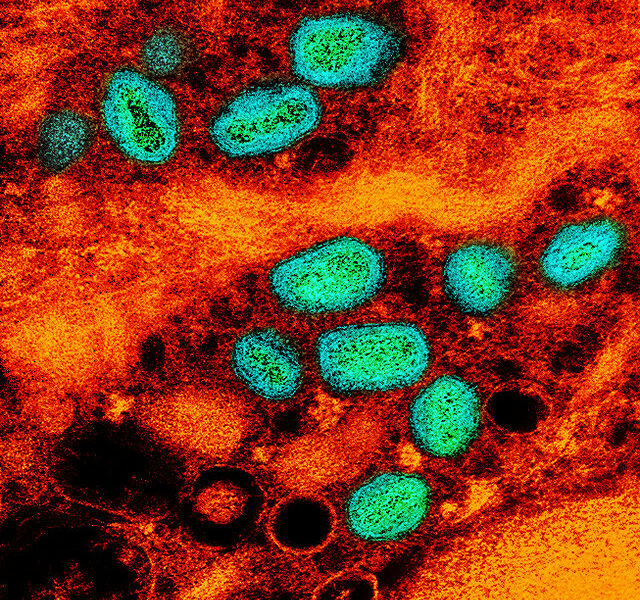Doctors from the Pasteur Institute in Phnom Penh, Cambodia announced on Sunday, July 8, that the mystery illness is Hand, Foot and Mouth disease, a common child illness that is sweeping through parts of Asia.
Hand, Foot and Mouth disease (HFMD) is increasingly common in Asia. According to the Associated Press, Vietnam has been battling cases of HFMD for years. Last year alone more than 110,000 people were sick and 166 people died. The disease has also made its presence known in China where approximately 240 people have died so far this year.
Hand, Foot and Mouth disease is caused by enteroviruses (a group which includes polioviruses, coxsackieviruses, and echoviruses). Often, HFMD is caused by a specific enterovirus called coxsackievirus A16. However, enterovirus-71 (EV-71) can also produce HFMD, and when it does, the symptoms and outcomes, which include paralysis, brain swelling, and even death, are severe. EV-71, though currently prevalent in Vietnam, is uncommon in Cambodia, perhaps contributing to the slow diagnosis. Doctors also hypothesize that steroids administered to the sick children could have covered up some of the telltale symptoms of HFMD.
Symptoms of common strains of HFMD include fever, sore throat, mouth sores and blisters, and skin rash (usually on hands and feet). In most cases, the symptoms are mild.
According to pediatrician, Beat Richner, the founder of the Kantha Bopha children’s hospitals which treated many of the children, the patients all had encephalitis followed by severe pneumonia which ended up as the cause of death.
The disease can occur in adults, but mostly affects children under the age of five. HFMD is spread through direct contact. The virus is found in the nose and throat, making coughing and sneezing effective methods of transmission. There is no vaccine to protect against HFMD. The CDC recommends frequent hand washing, disinfecting surfaces and toys that may have been contaminated by the virus, and avoiding close contact with those infected. There is no specific treatment for the disease, either. Instead, parents can focus on relieving the symptoms with over-the-counter medicines such as pain reducers.
Many reports are counting around 66 cases and 64 deaths. In its July 9 report, the WHO lowered the number to 59 cases and 52 deaths.
There is still more testing to be done. Scientists have also identified the dengue virus and Streptococcus suis (a bacterium that normally affects pigs, it can also cause serious infection in humans) in the samples.

